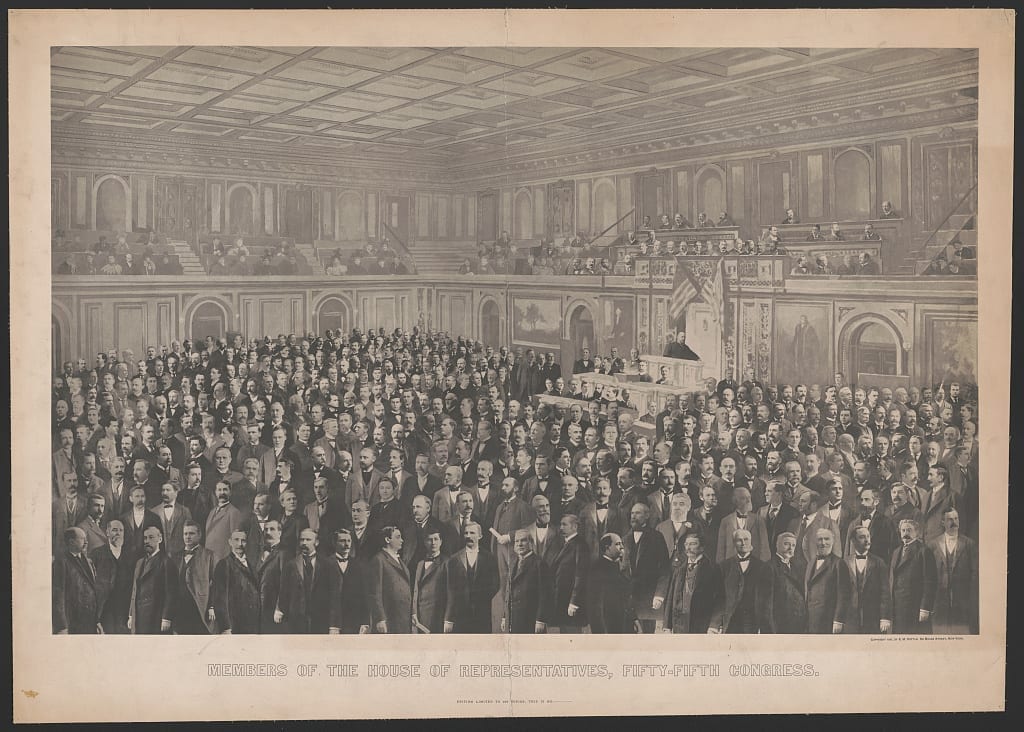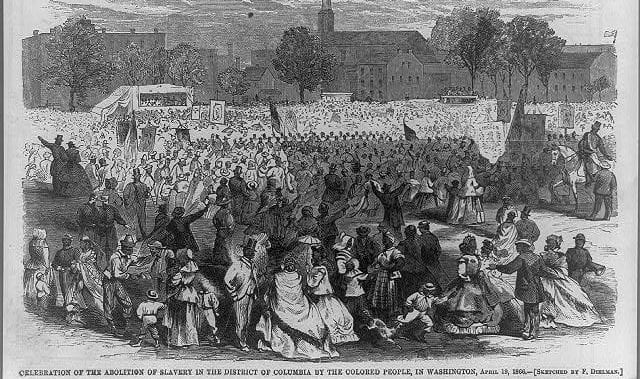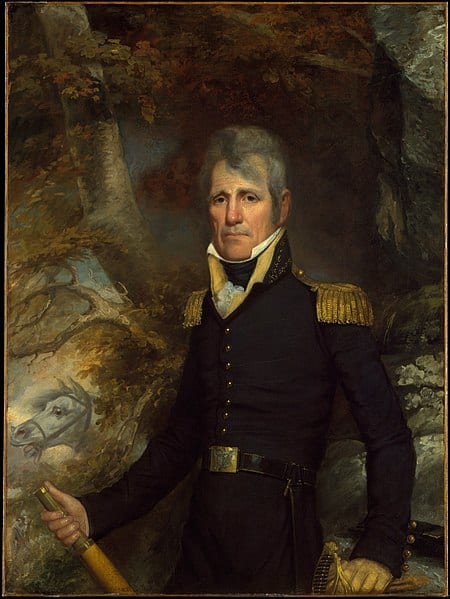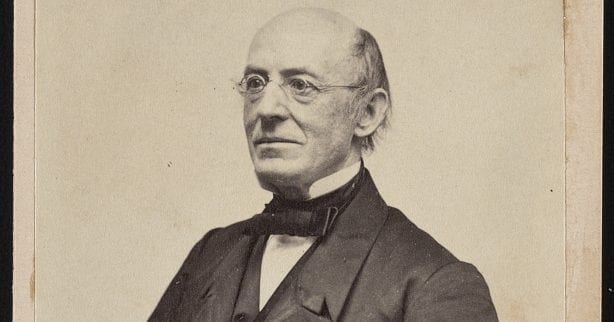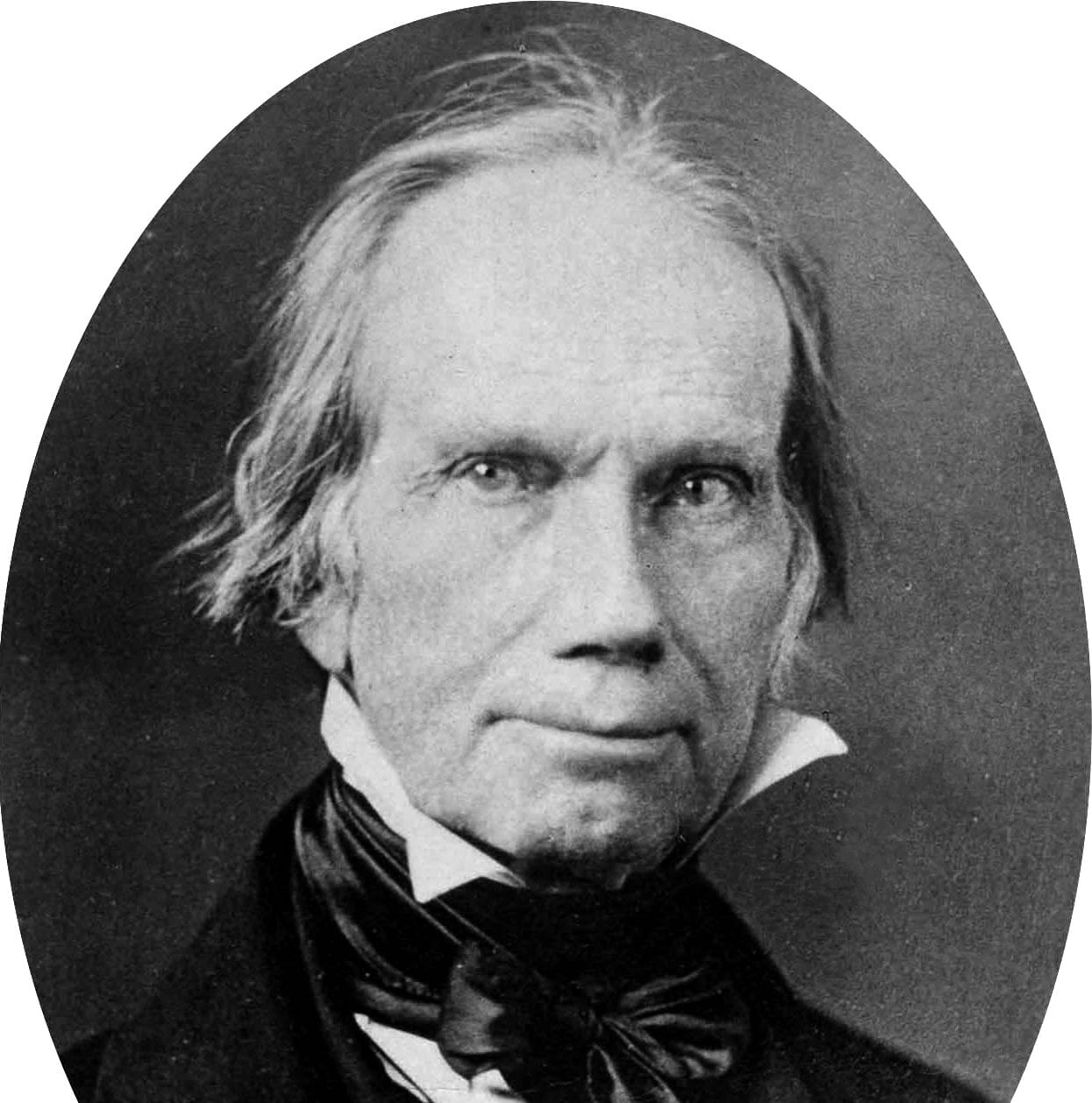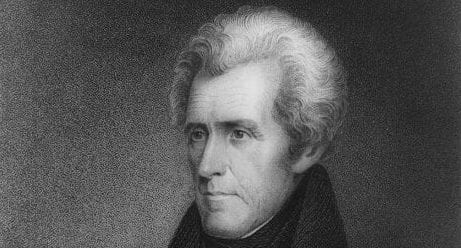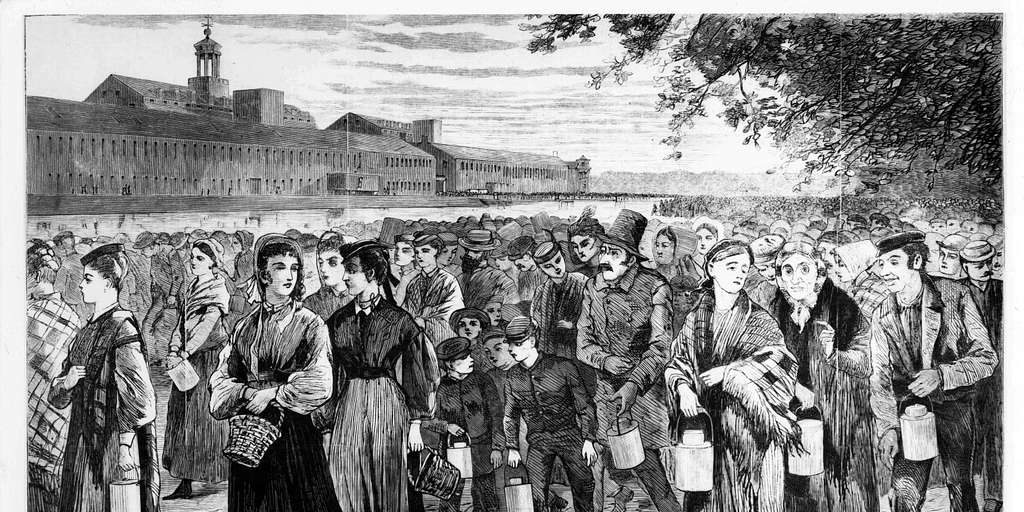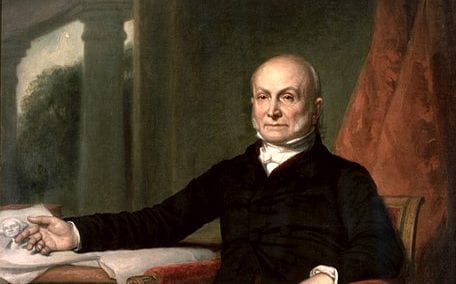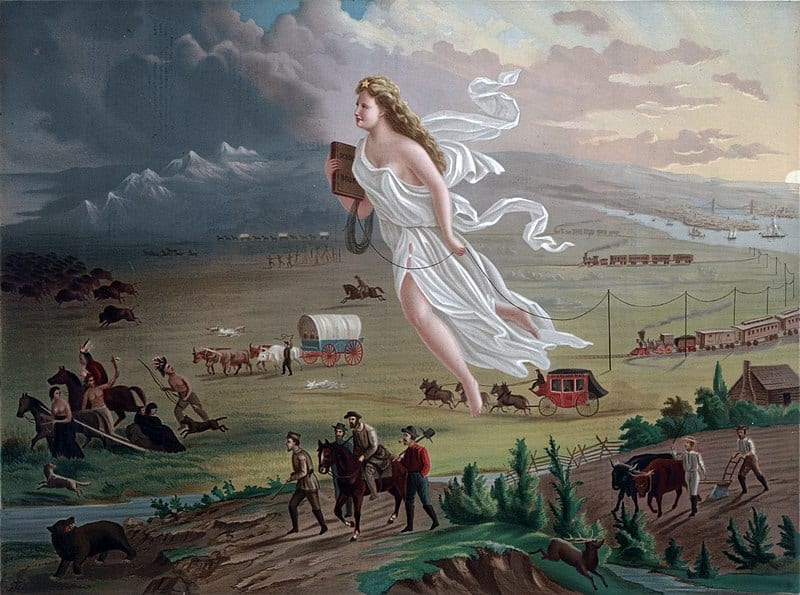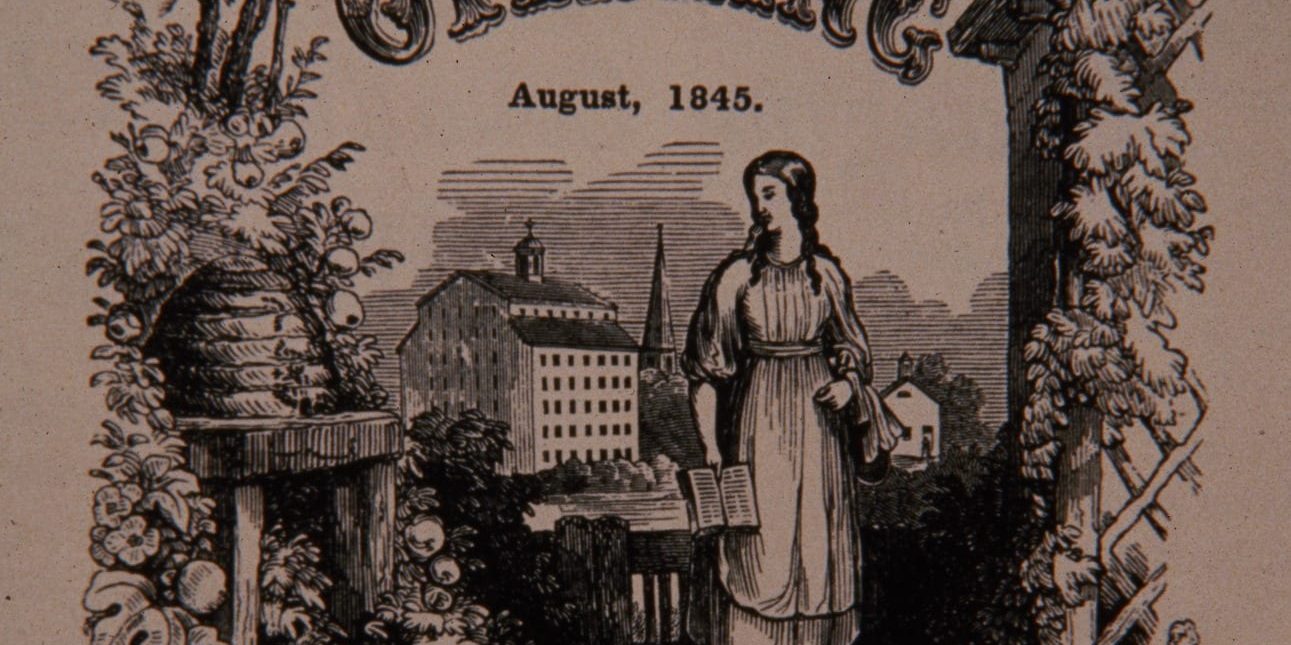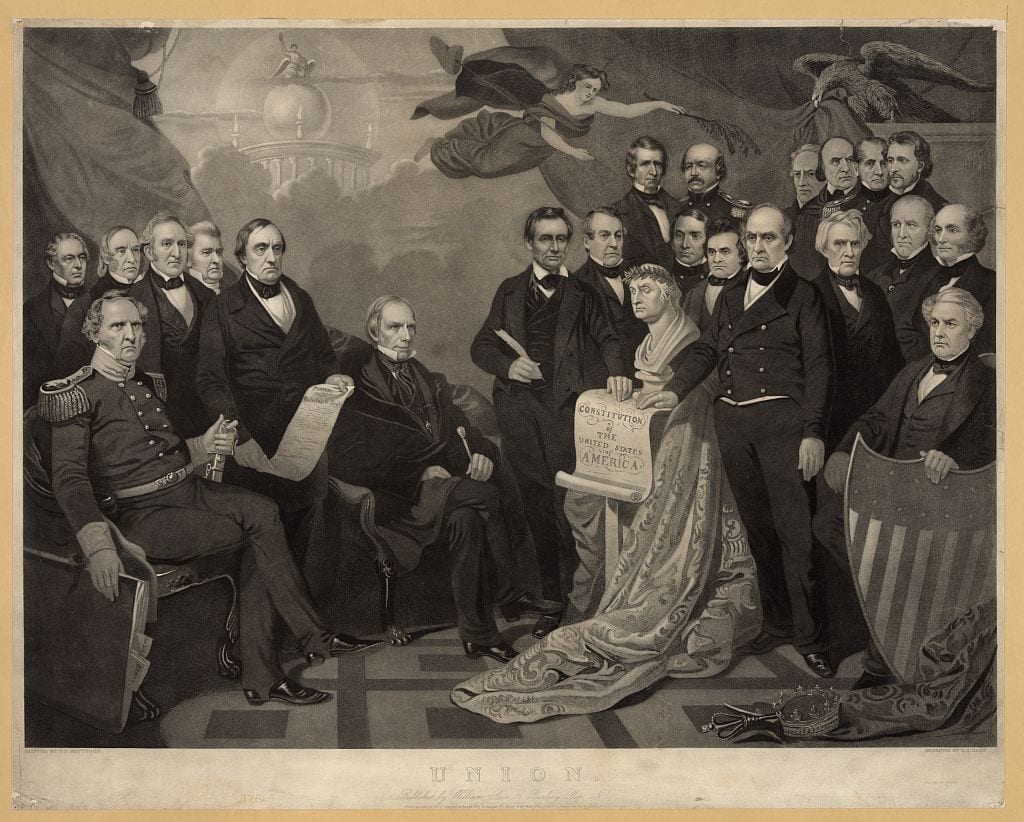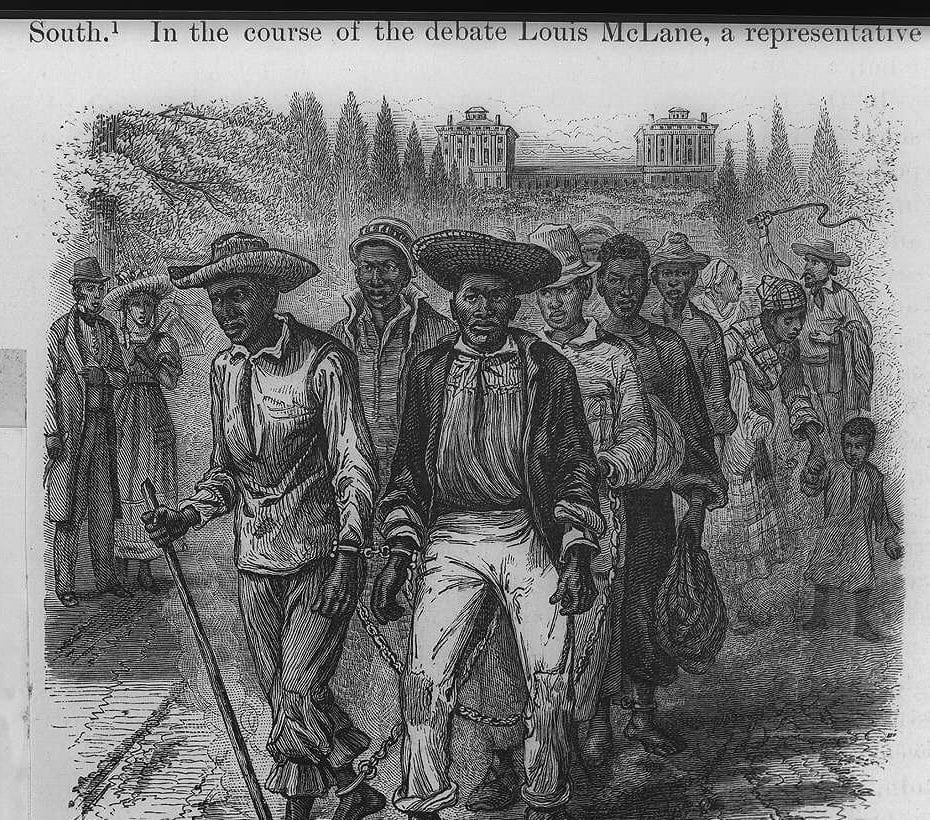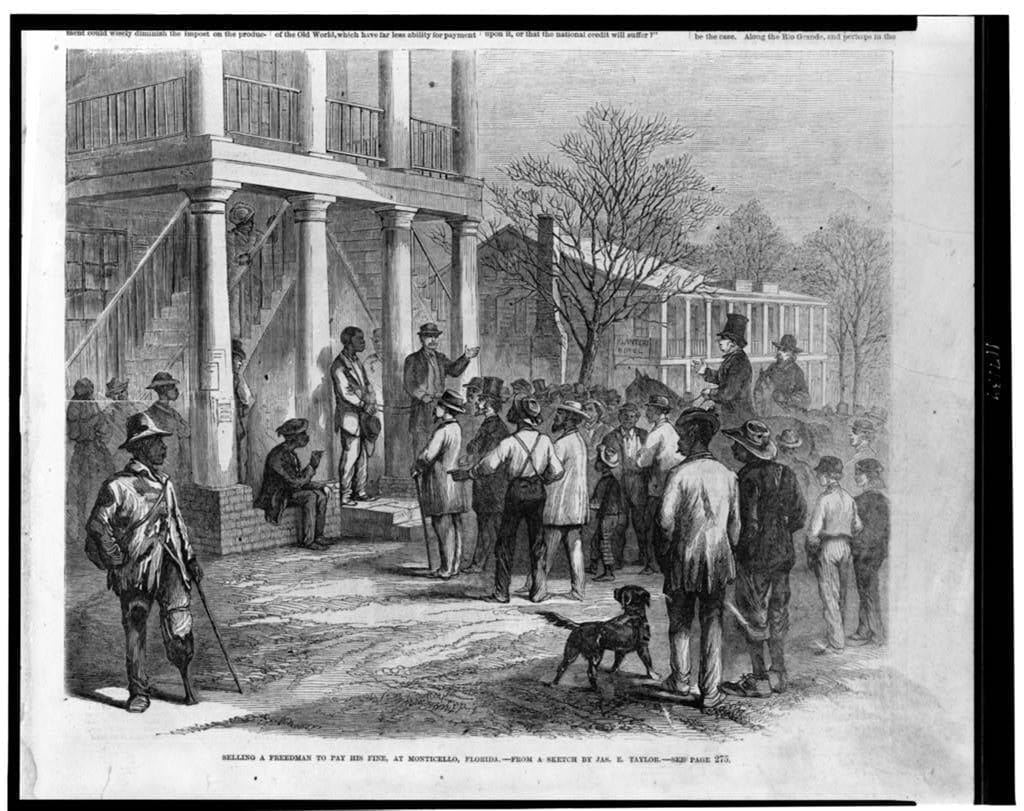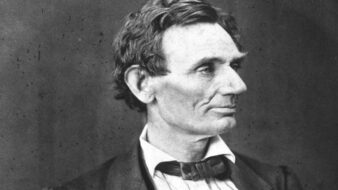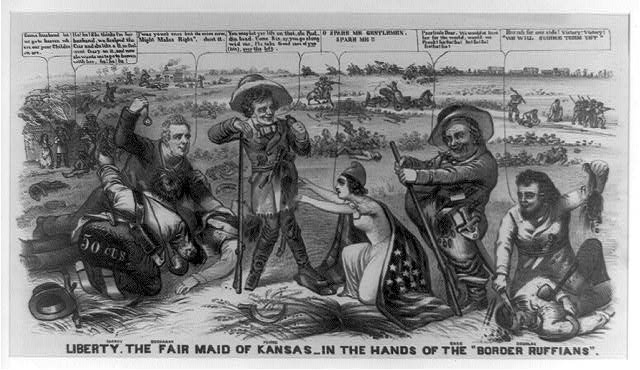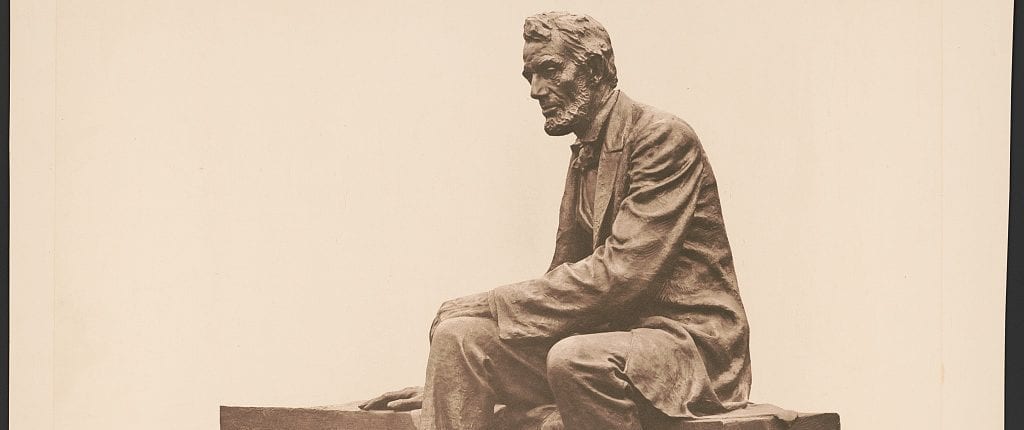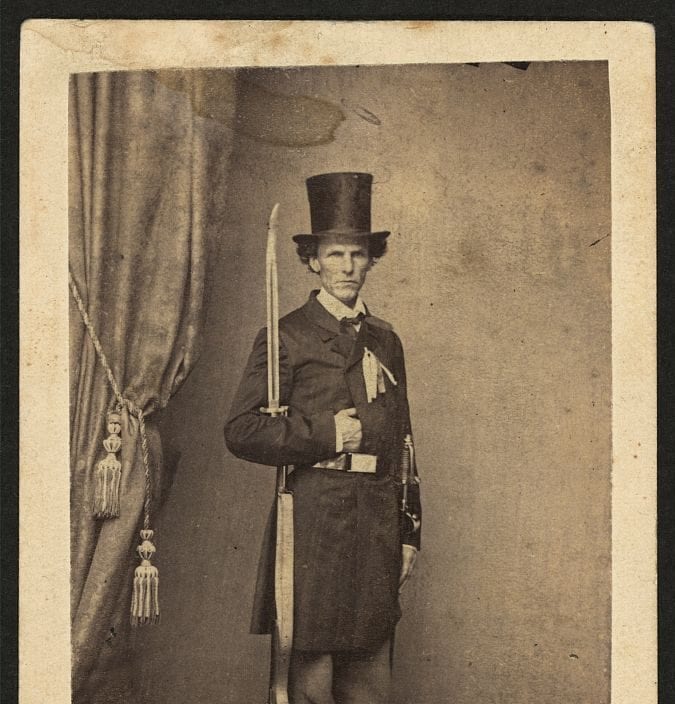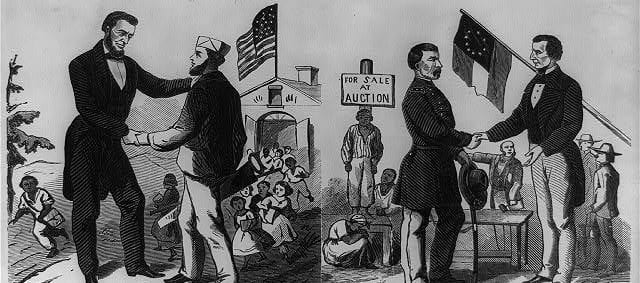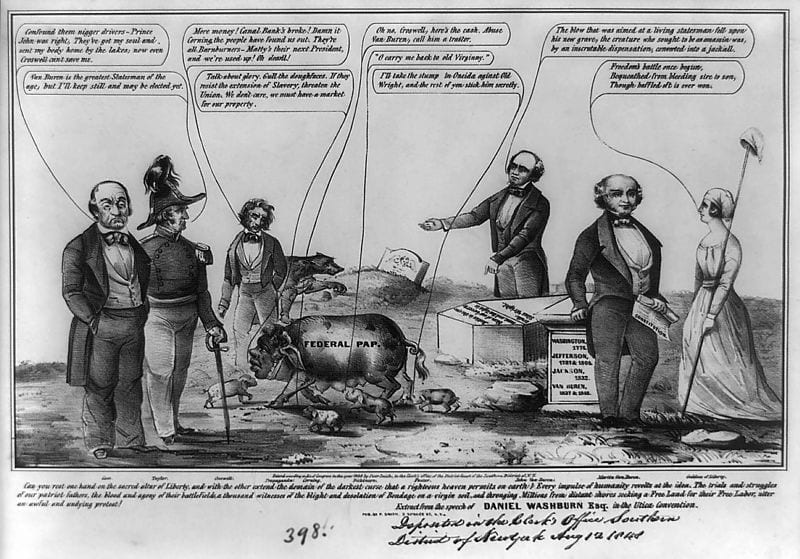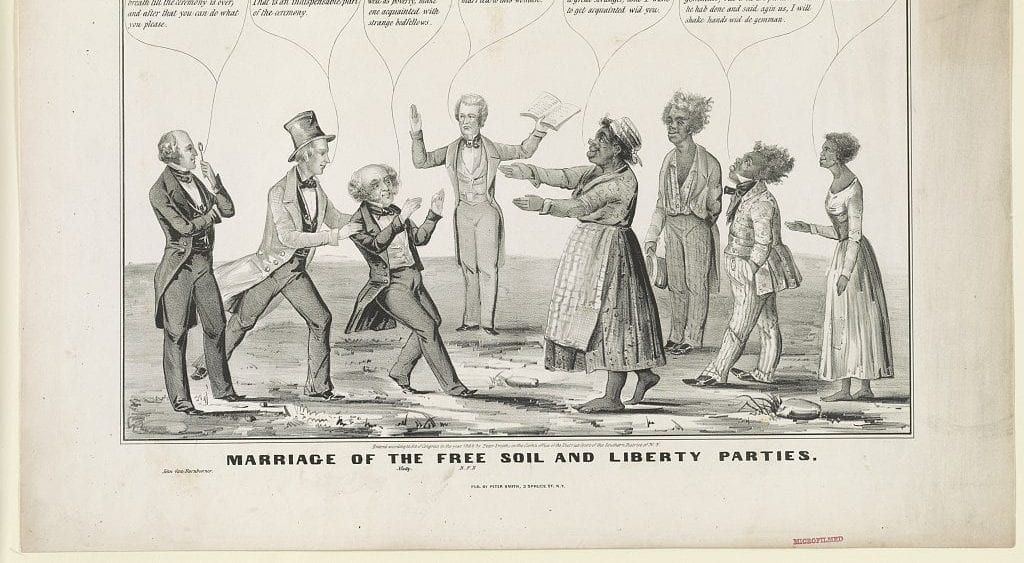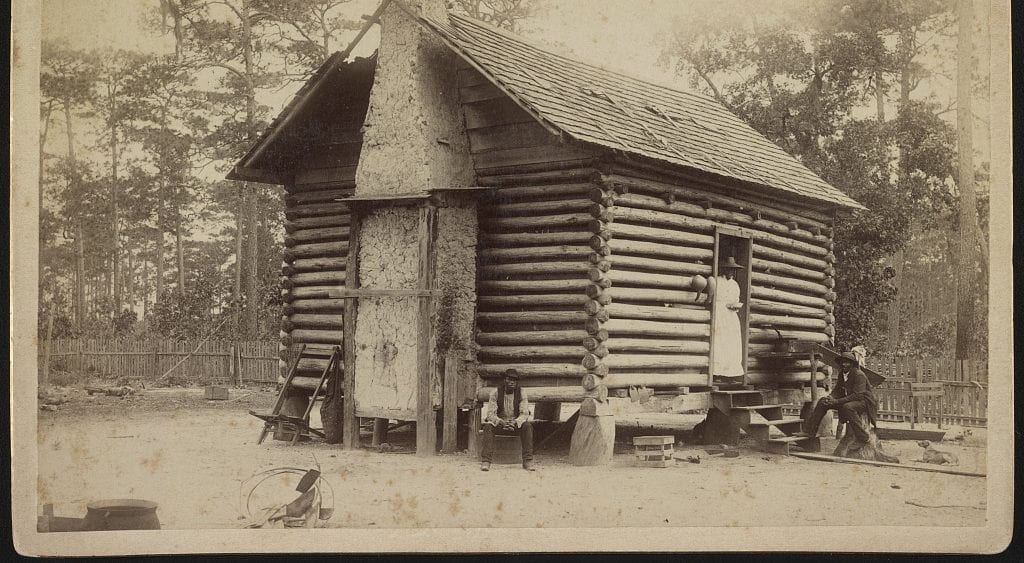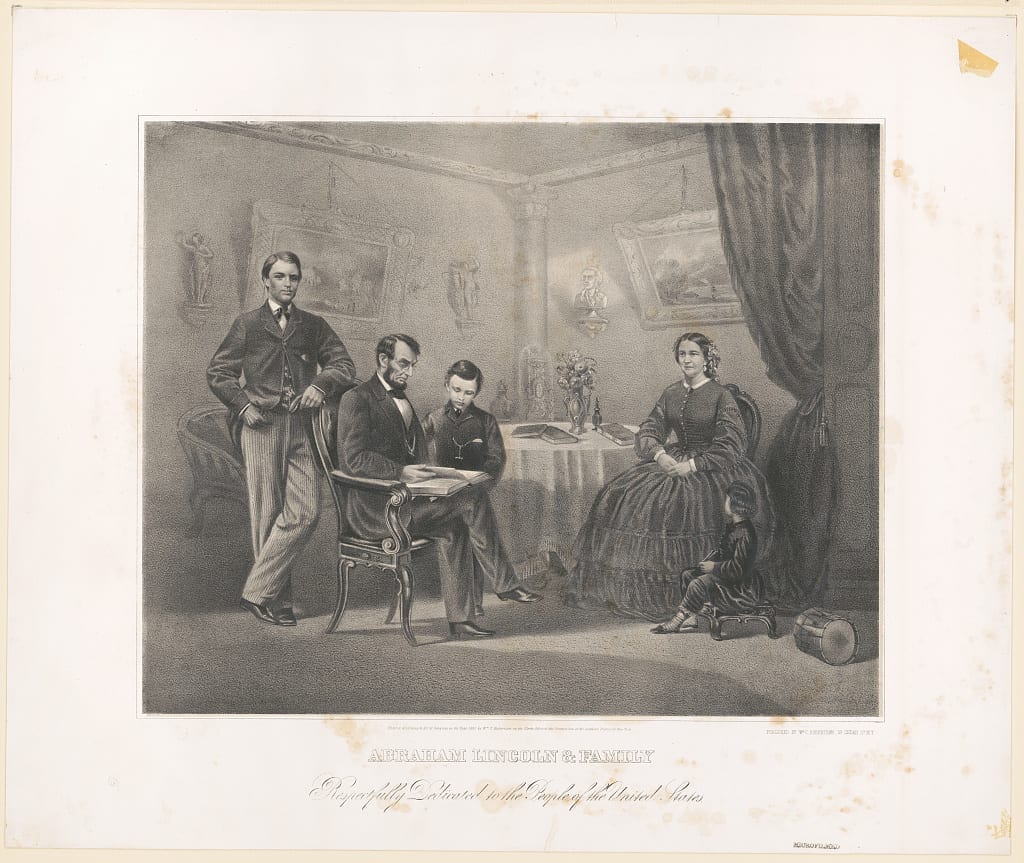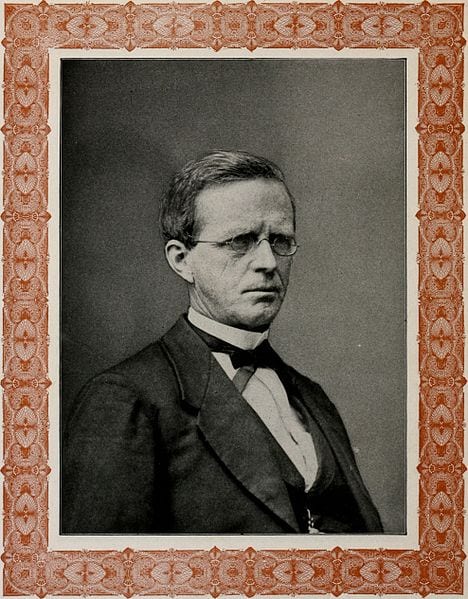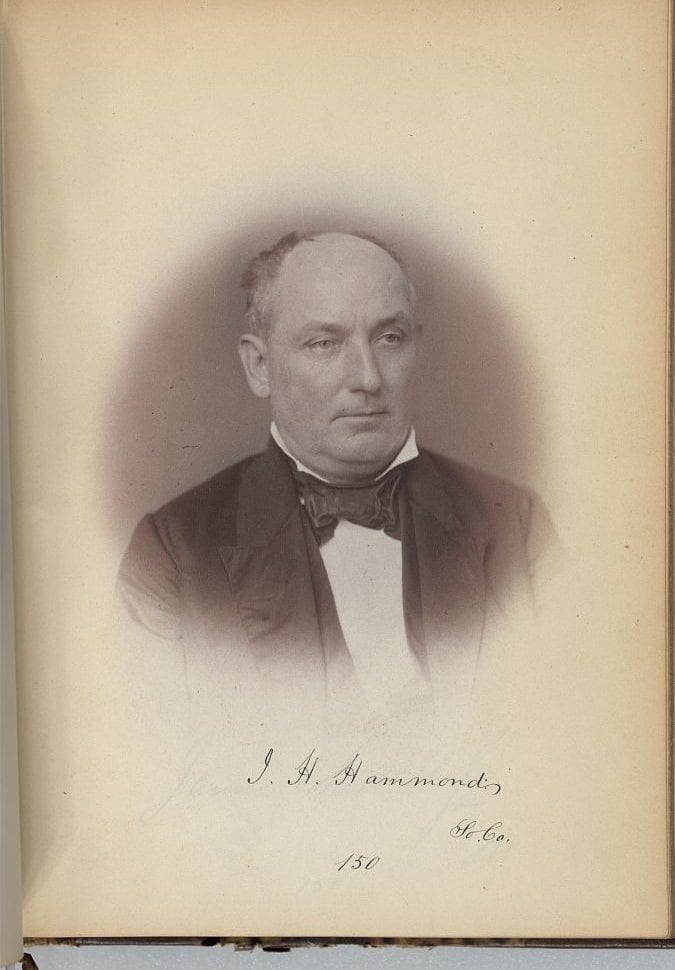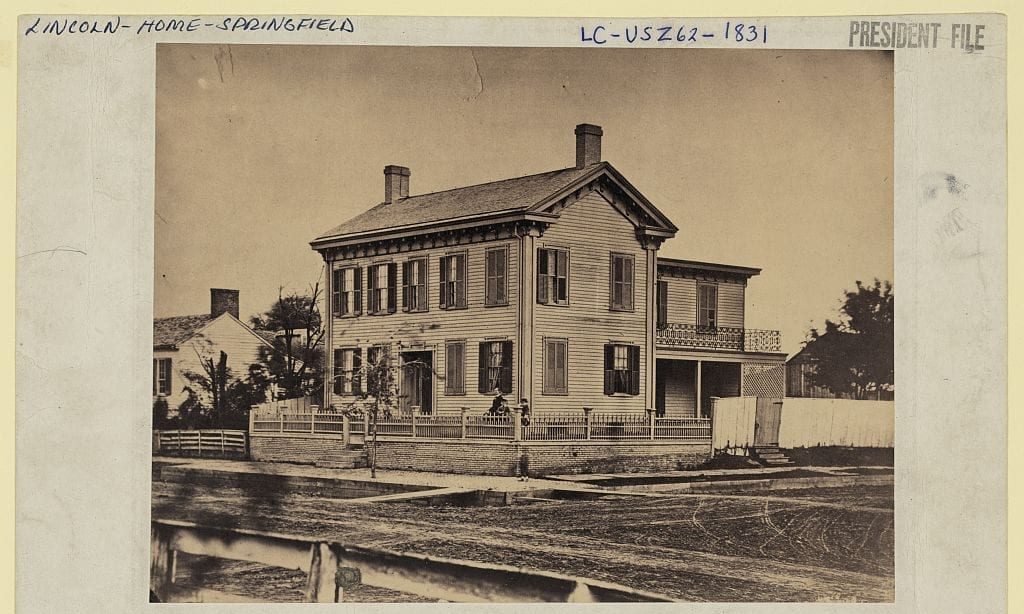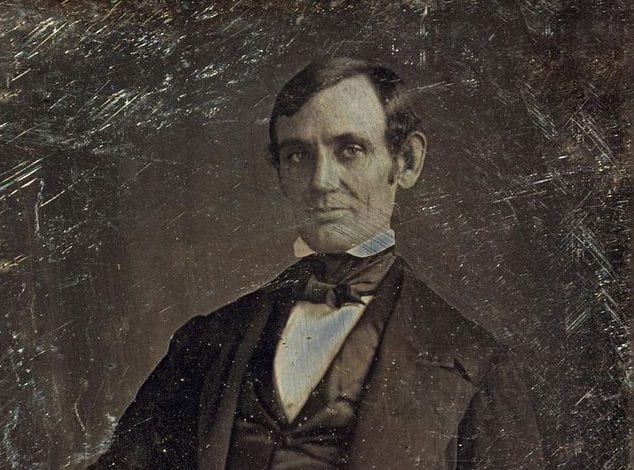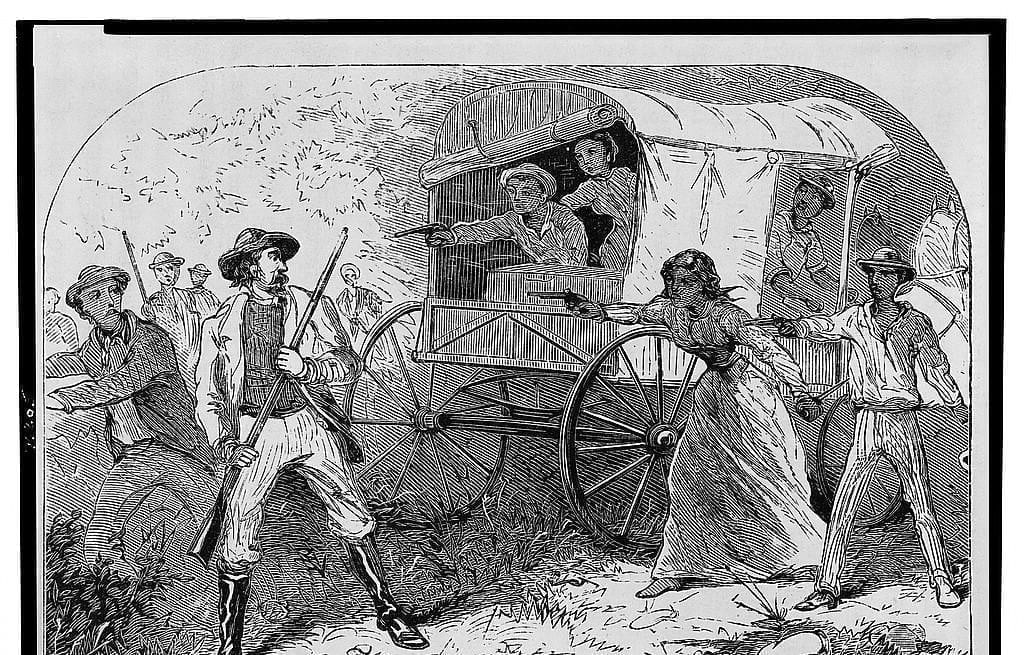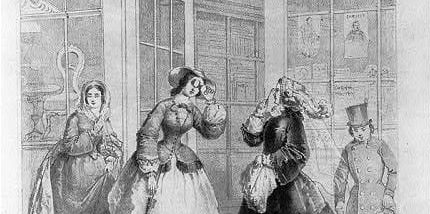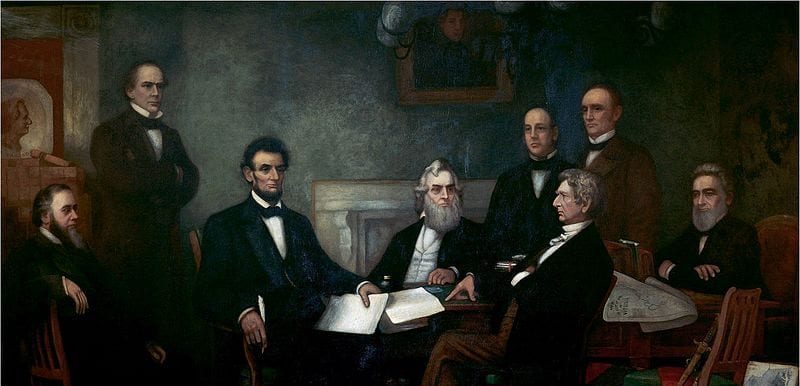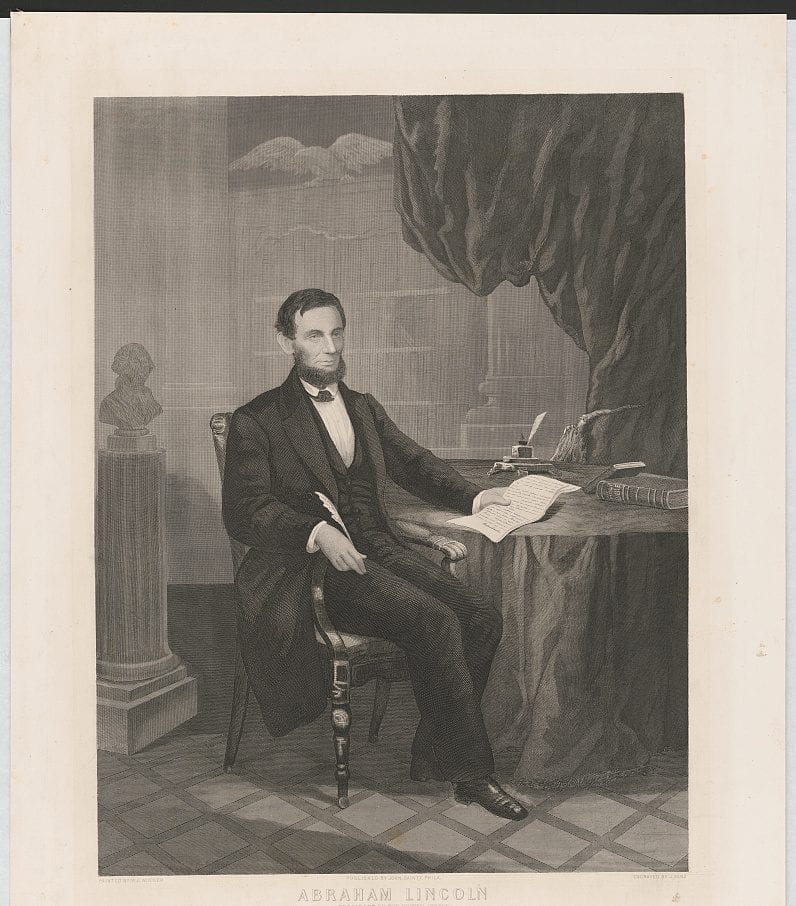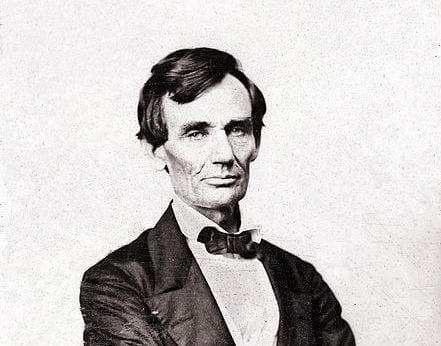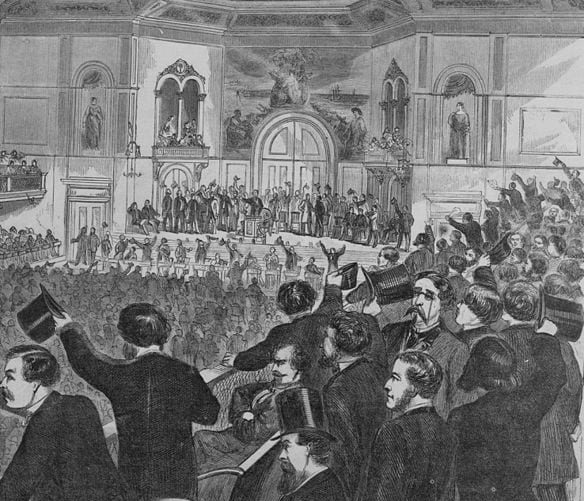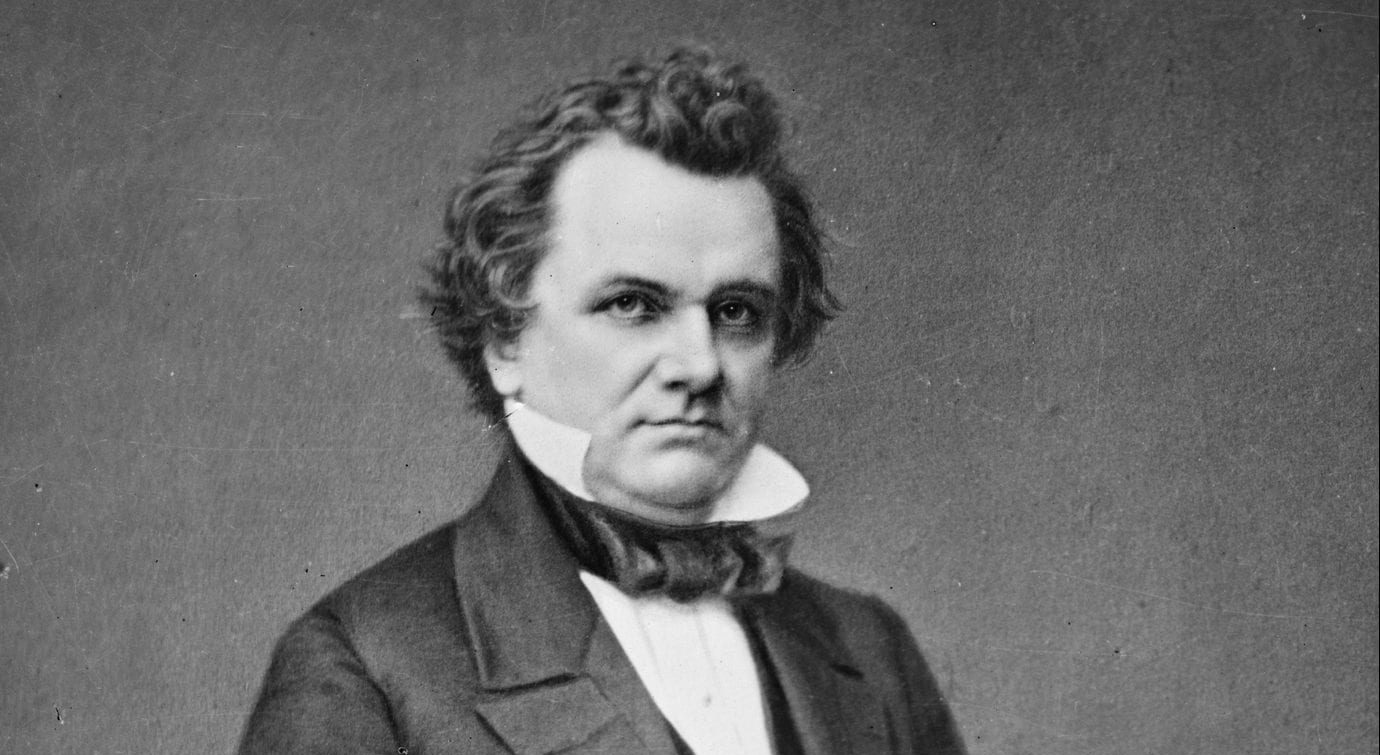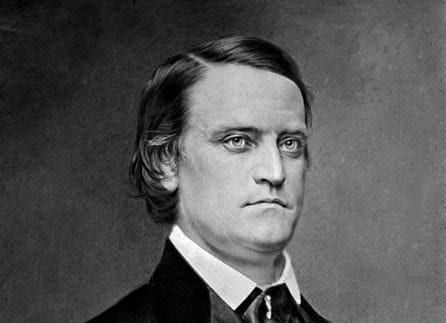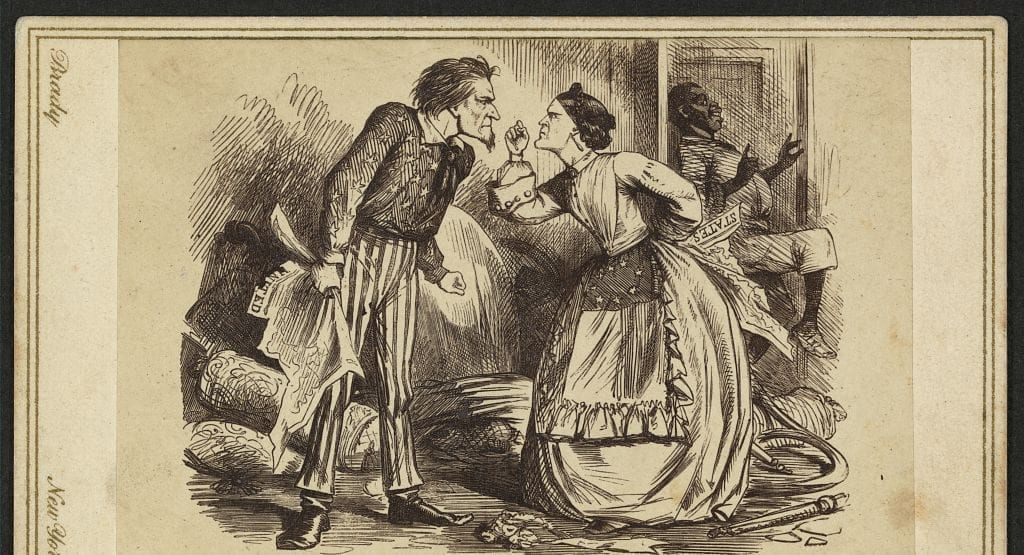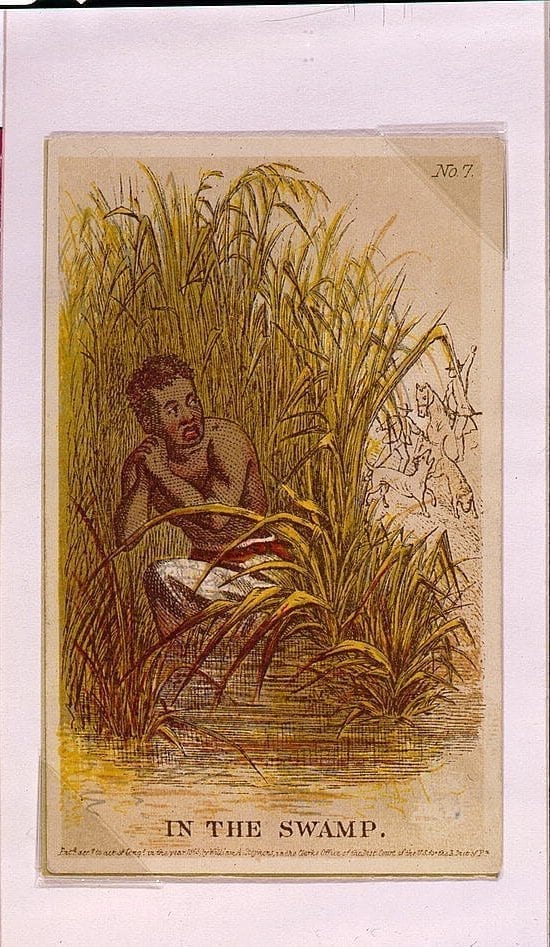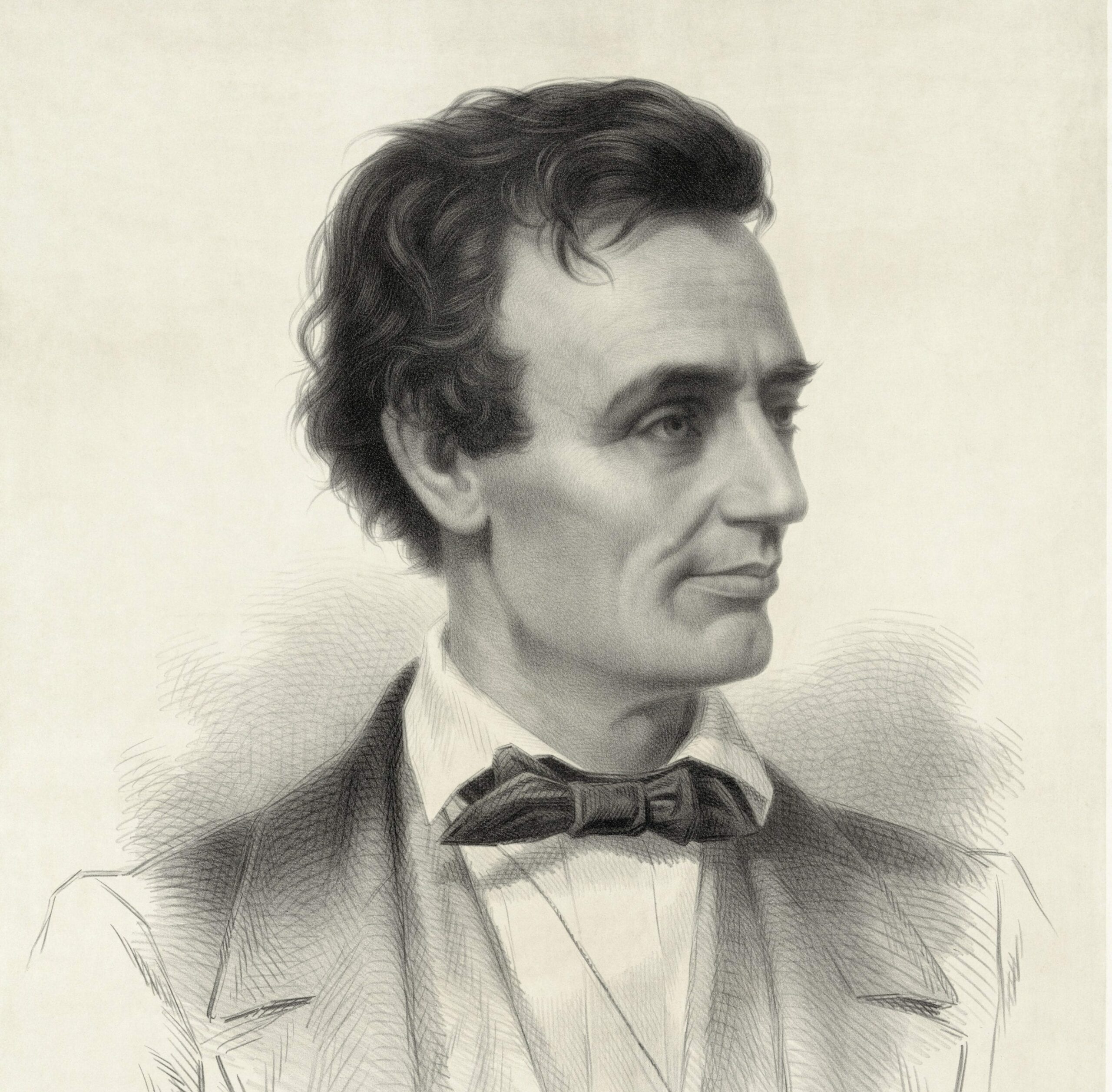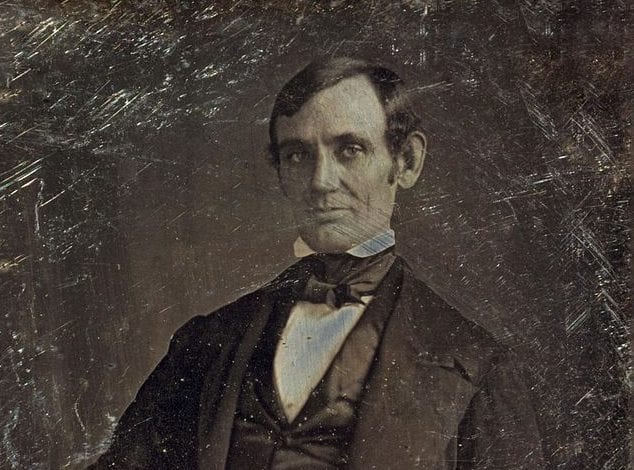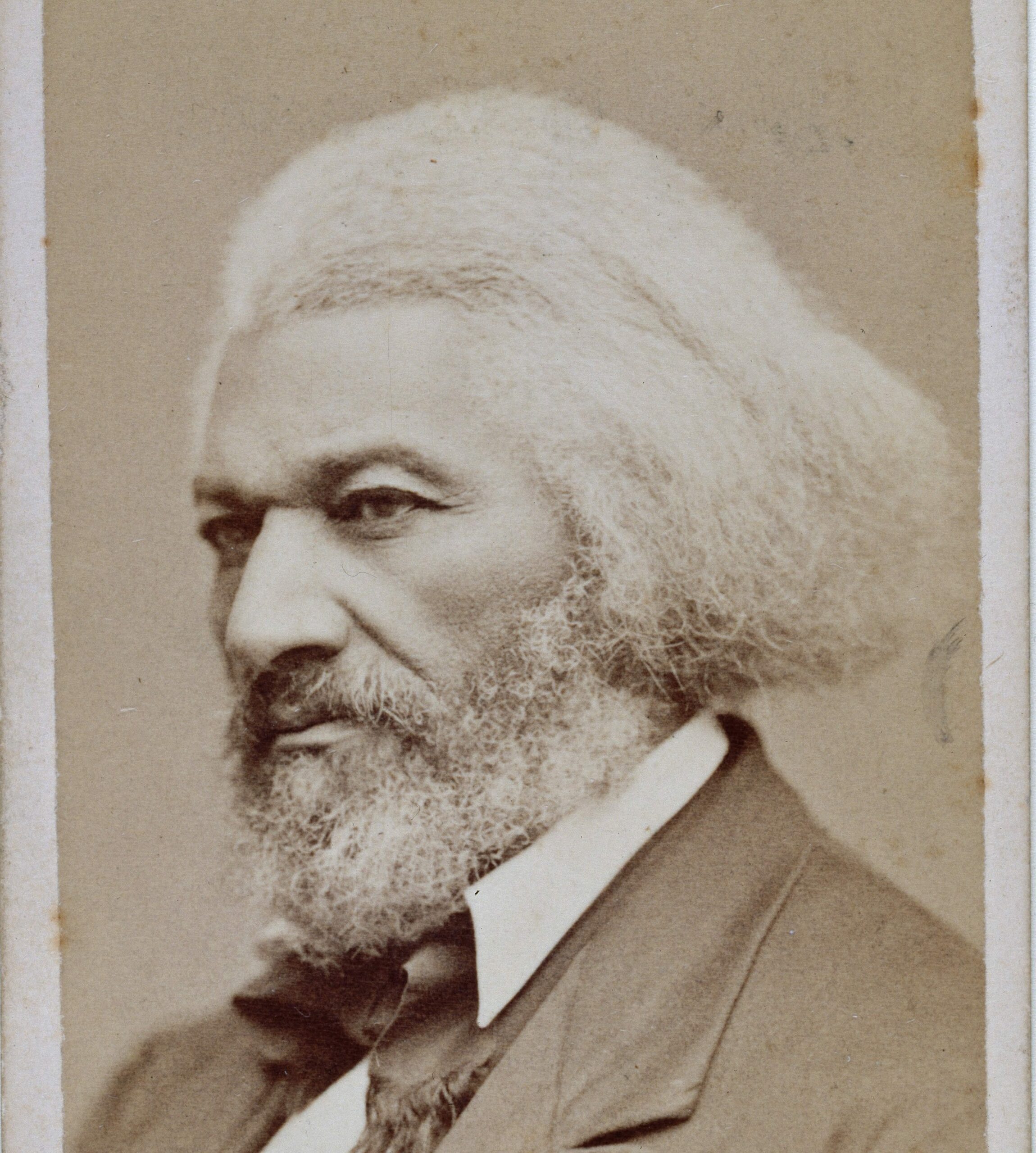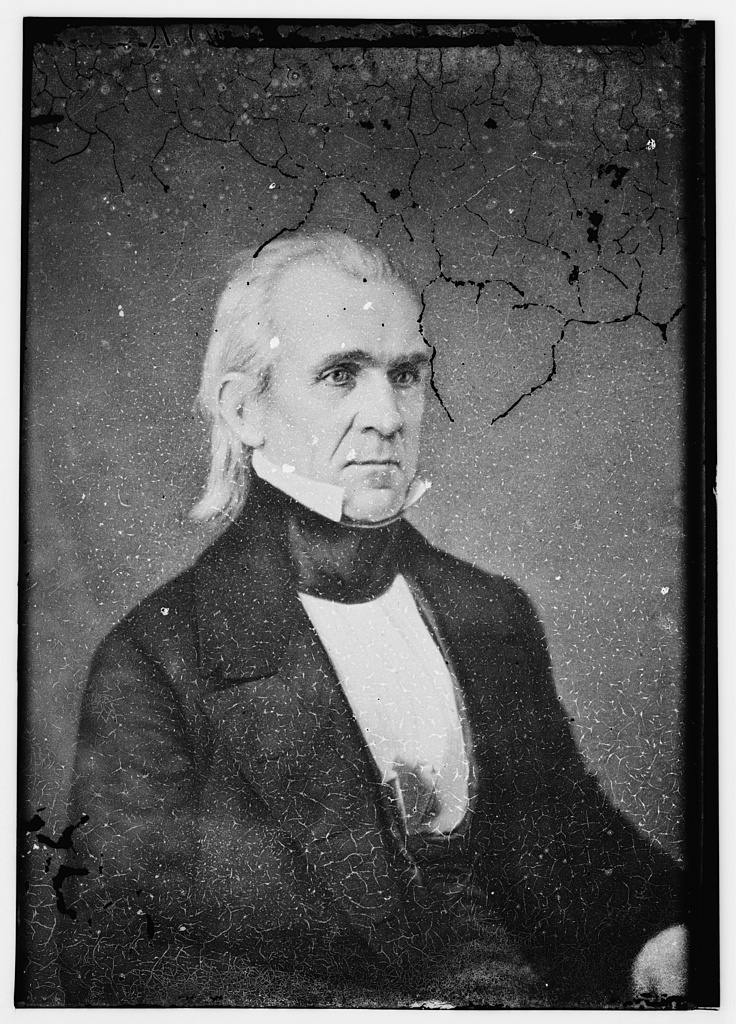
No related resources
Introduction
One of the major constitutional questions debated repeatedly in Congress during the first half of the nineteenth century and considered by a number of presidents was whether Congress was authorized to fund internal improvement projects. Congress passed a number of acts funding construction of roads and canals and making improvements to rivers and harbors, and presidents vetoed these acts on a number of occasions, especially when they funded projects that were undertaken solely within particular states and whose benefits were confined to those states. President James K. Polk (1795–1849) issued one such veto in 1846 of a rivers and harbors improvement bill championed by members of the Whig Party.
In issuing his veto, President Polk, a Democrat, acknowledged that Congress had for many decades funded projects to make navigation safer. He drew a distinction, however, between these previous projects and the sorts of projects included in this particular rivers and harbors bill, which were not connected with foreign commerce. Polk was intent on maintaining limits on federal authority and was particularly concerned about the consequences of approving a bill that funded projects “local in their character.” He considered these sorts of internal improvements acts unconstitutional on the grounds that they exceeded federal authority. He was also concerned, as were other presidents, that these acts encouraged logrolling (members of Congress voting for each others’ projects) and pursuit of local and sectional interests at the expense of the public interest.
Source: James K. Polk, Veto Message, Gerhard Peters and John T. Woolley, The American Presidency Project, https://www.presidency.ucsb.edu/node/201084.
I have considered the bill entitled “An act making appropriations for the improvement of certain harbors and rivers” with the care which its importance demands, and now return the same to the House of Representatives, in which it originated, with my objections to its becoming a law. The bill proposes to appropriate $1,378,450 to be applied to more than forty distinct and separate objects of improvement. On examining its provisions and the variety of objects of improvement which it embraces, many of them of a local character, it is difficult to conceive, if it shall be sanctioned and become a law, what practical constitutional restraint can hereafter be imposed upon the most extended system of internal improvements by the federal government in all parts of the Union. The Constitution has not, in my judgment, conferred upon the federal government the power to construct works of internal improvement within the states, or to appropriate money from the Treasury for that purpose. That this bill assumes for the federal government the right to exercise this power cannot, I think, be doubted. The approved course of the government and the deliberately expressed judgment of the people have denied the existence of such a power under the Constitution. Several of my predecessors have denied its existence in the most solemn forms.
The general proposition that the federal government does not possess this power is so well settled and has for a considerable period been so generally acquiesced in that it is not deemed necessary to reiterate the arguments by which it is sustained. Nor do I deem it necessary, after the full and elaborate discussions which have taken place before the country on this subject, to do more than to state the general considerations which have satisfied me of the unconstitutionality and inexpediency of the exercise of such a power....
... Some of the objects of appropriation contained in this bill are local in their character, and lie within the limits of a single state; and though in the language of the bill they are called harbors, they are not connected with foreign commerce, nor are they places of refuge or shelter for our Navy or commercial marine on the ocean or lake shores. To call the mouth of a creek or a shallow inlet on our coast a harbor cannot confer the authority to expend the public money in its improvement. Congress have exercised the power coeval with the Constitution of establishing lighthouses, beacons, buoys, and piers on our ocean and lake shores for the purpose of rendering navigation safe and easy and of affording protection and shelter for our Navy and other shipping. These are safeguards placed in existing channels of navigation. After the long acquiescence of the government through all preceding administrations, I am not disposed to question or disturb the authority to make appropriations for such purposes.
When we advance a step beyond this point, and, in addition to the establishment and support, by appropriations from the Treasury, of lighthouses, beacons, buoys, piers, and other improvements within the bays, inlets, and harbors on our ocean and lake coasts immediately connected with our foreign commerce, attempt to make improvements in the interior at points unconnected with foreign commerce, and where they are not needed for the protection and security of our Navy and commercial marine, the difficulty arises in drawing a line beyond which appropriations may not be made by the federal government....
... It will be found also that the bill contains appropriations for rivers upon which there not only exists no foreign commerce, but upon which there has not been established even a paper port of entry, and for the mouths of creeks, denominated harbors, which if improved can benefit only the particular neighborhood in which they are situated. It will be found, too, to contain appropriations the expenditure of which will only have the effect of improving one place at the expense of the local natural advantages of another in its vicinity. Should this bill become a law, the same principle which authorizes the appropriations which it proposes to make would also authorize similar appropriations for the improvement of all the other bays, inlets, and creeks, which may with equal propriety be called harbors, and of all the rivers, important or unimportant, in every part of the Union. To sanction the bill with such provisions would be to concede the principle that the federal government possesses the power to expend the public money in a general system of internal improvements, limited in its extent only by the ever-varying discretion of successive Congresses and successive executives. It would be to efface and remove the limitations and restrictions of power which the Constitution has wisely provided to limit the authority and action of the federal government to a few well-defined and specified objects. Besides these objections, the practical evils which must flow from the exercise on the part of the federal government of the powers asserted in this bill impress my mind with a grave sense of my duty to avert them from the country as far as my constitutional action may enable me to do so.
It not only leads to a consolidation of power in the federal government at the expense of the rightful authority of the states, but its inevitable tendency is to embrace objects for the expenditure of the public money which are local in their character, benefiting but few at the expense of the common Treasury of the whole. It will engender sectional feelings and prejudices calculated to disturb the harmony of the Union. It will destroy the harmony which should prevail in our legislative councils.
It will produce combinations of local and sectional interests, strong enough when united to carry propositions for appropriations of public money which could not of themselves, and standing alone, succeed, and cannot fail to lead to wasteful and extravagant expenditures.
It must produce a disreputable scramble for the public money, by the conflict which is inseparable from such a system between local and individual interests and the general interest of the whole. It is unjust to those states which have with their own means constructed their own internal improvements to make from the common Treasury appropriations for similar improvements in other states.
In its operation it will be oppressive and unjust toward those states whose representatives and people either deny or doubt the existence of the power or think its exercise inexpedient, and who, while they equally contribute to the Treasury, cannot consistently with their opinions engage in a general competition for a share of the public money. Thus a large portion of the Union, in numbers and in geographical extent, contributing its equal proportion of taxes to the support of the government, would under the operation of such a system be compelled to see the national treasure—the common stock of all—unequally disbursed, and often improvidently wasted for the advantage of small sections, instead of being applied to the great national purposes in which all have a common interest, and for which alone the power to collect the revenue was given. Should the system of internal improvements proposed prevail, all these evils will multiply and increase with the increase of the number of the states and the extension of the geographical limits of the settled portions of our country. With the increase of our numbers and the extension of our settlements the local objects demanding appropriations of the public money for their improvement will be proportionately increased. In each case the expenditure of the public money would confer benefits, direct or indirect, only on a section, while these sections would become daily less in comparison with the whole.
The wisdom of the framers of the Constitution in withholding power over such objects from the federal government and leaving them to the local governments of the states becomes more and more manifest with every year’s experience of the operations of our system....

Conversation-based seminars for collegial PD, one-day and multi-day seminars, graduate credit seminars (MA degree), online and in-person.














